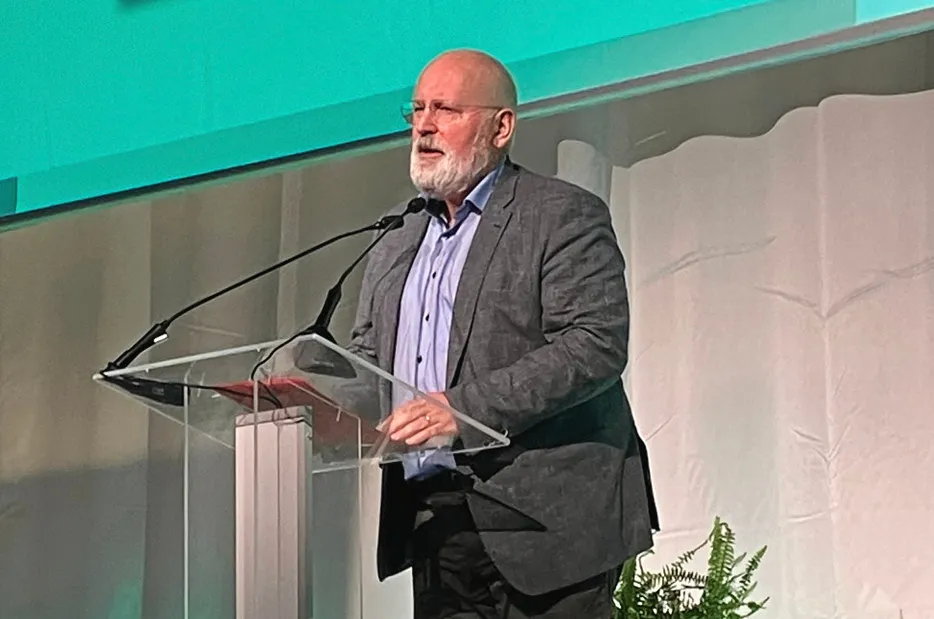EU unveils $3bn cash pot to realise its hydrogen targets – and it wants projects to fund right now
Multi billion-euro funding call next week will allocate money across whole H2 value chain to ‘cement the role of hydrogen’

Multi billion-euro funding call next week will allocate money across whole H2 value chain to ‘cement the role of hydrogen’
